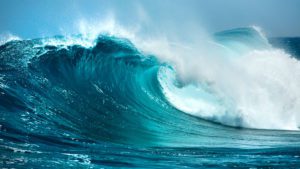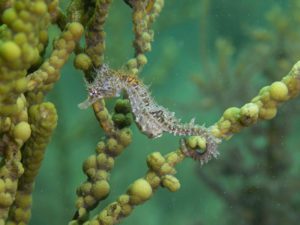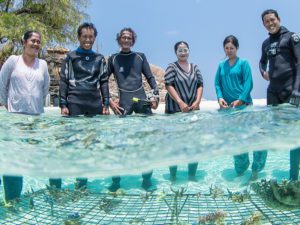As we approach COP26, Julie Packard cites ocean-climate funding analysis from Our Shared Seas in a call to action for philanthropy to step up ocean funding. Review her op-ed which originally appeared in the Chronicle of Philanthropy.
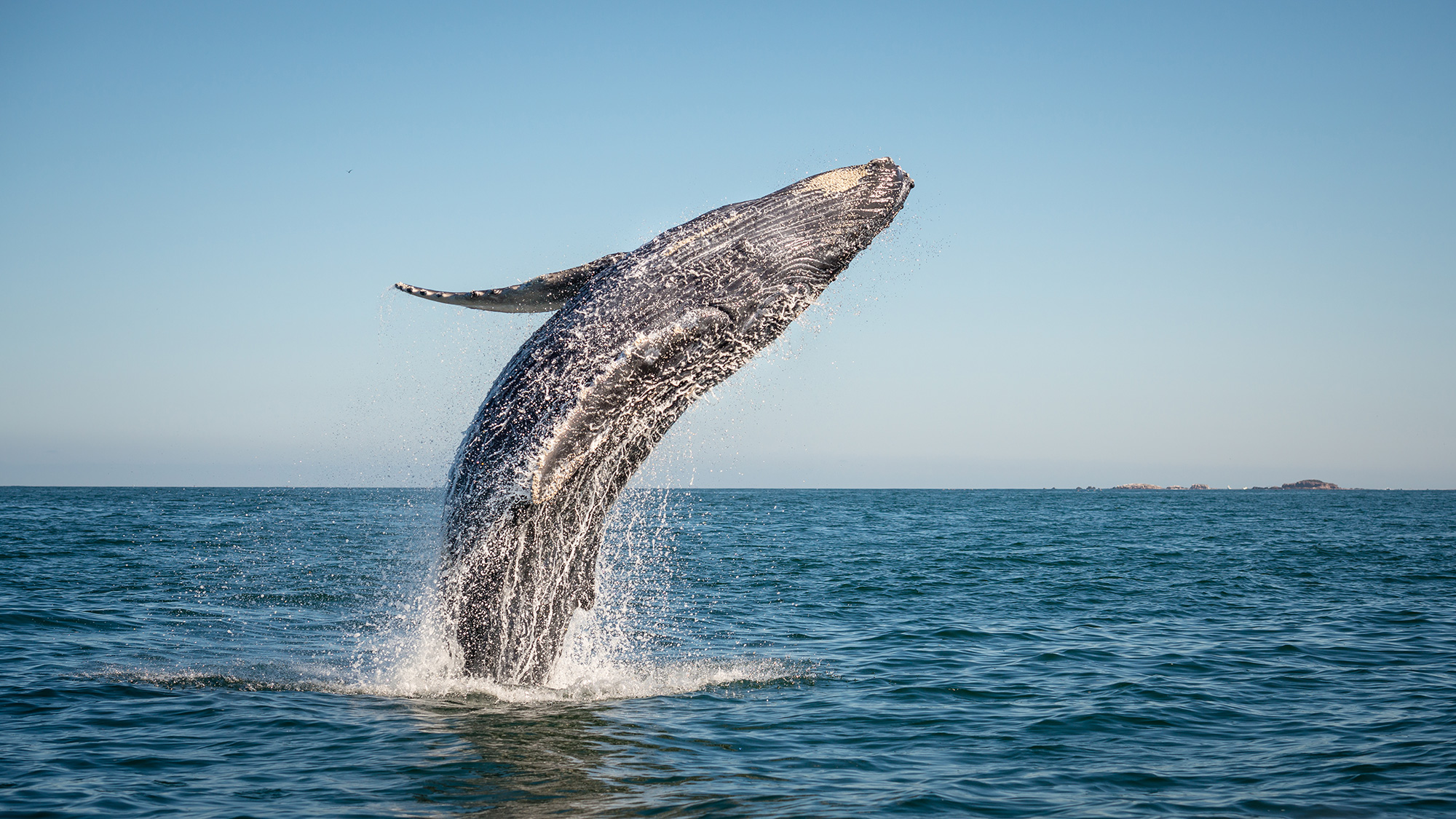
Photo: iStock / blake81
When I was 15 years old, a catastrophic blowout on an offshore drilling platform off Santa Barbara spewed thick, oily sludge along the California coastline, killing thousands of seabirds and other wildlife. It was the first time in my young life that I realized how vulnerable the natural world could be if we didn’t change our ways.
That 1969 disaster also served as a wake-up call to the nation about the fragility of our environment and sparked the biggest environmental movement our country has ever seen. It resulted in the establishment of the Environmental Protection Agency and the passage of laws that remain the foundation of our climate protection system.
In the face of crisis, we acted. Now, as world leaders come together in Glasgow for what is expected to be the most significant cimate conferance since the 2015 Paris Climate Accords, we must act again—on behalf of the ocean. The 2021 United Nations Climate Change Conference, or COP26, is an opportunity both to recognize the role the ocean must play in mitigating climate change, and to direct significant philanthropic funding to this endeavor.
The 2021 United Nations Climate Change Conference, or COP26, is an opportunity both to recognize the role the ocean must play in mitigating climate change, and to direct significant philanthropic funding to this endeavor.
When my parents founded The David and Lucile Packard Foundation in 1964, conservation and science were among their major areas of focus. Over time, our family’s growing interest in the ocean led to the creation of the Monterey Bay Aquarium with a mission to inspire people to learn and care about the ocean. My father’s recognition that scientists lacked the technology to explore Earth’s greatest unknown frontier—the deep sea—led him to create the Monterey Bay Aquarium Research Institute (MBARI), which partners scientists and engineers to advance the technology needed to study the sea. My parents’ philanthropic support was driven by their recognition that protecting nature means prioritizing the largest part of nature: the ocean.
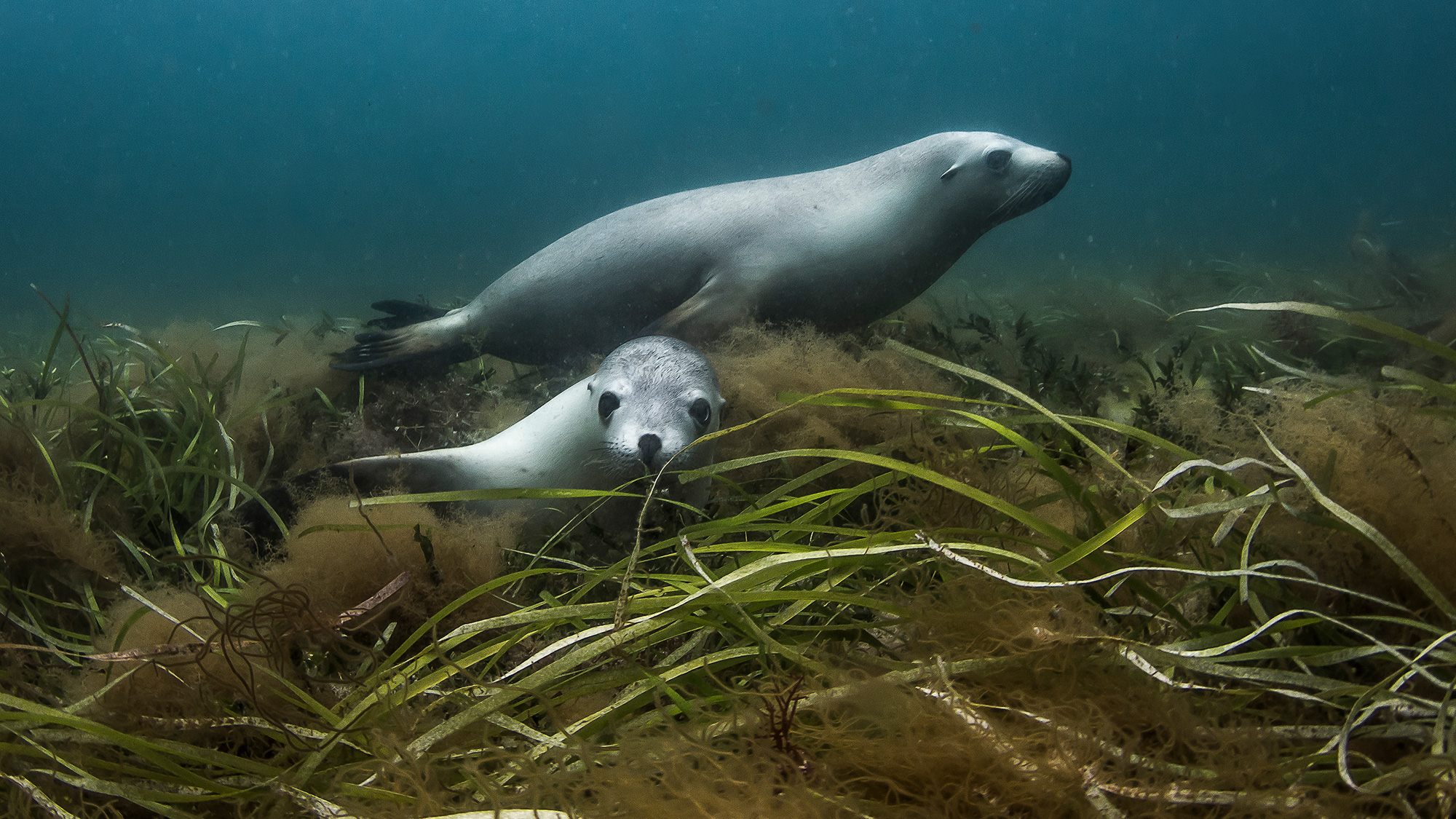
Photo: Ocean Image Bank / Jeff Hester
The ocean supports all life on our planet and represents 99 percent of the space where life can exist. It generates a large amount of the oxygen we breath, while providing food, supporting jobs, and driving global commerce. It offers relaxation, inspiration, and fun. And, importantly, it is a buffer against the worst affects of climate change. That fact was underscored earlier this year in a report released by the United Nation’s Intergovernmental Panel on Climate Change, which called for urgent action to safeguard ocean health as part of efforts to reduce climate disasters.
Ocean-based climate mitigation measures have the potential to deliver up to one-fifth of the total annual greenhouse gas emission cuts required to limit global temperature rise to 1.5 degrees Celsius by 2050. Those measures include expanding ocean-based renewable energy sources, decarbonizing the shipping industry, restoring and protecting “blue carbon” ecosystems like seagrasses and mangroves, and shifting human diets toward low-carbon protein sources from the ocean.
Even if global policymakers commit to moving in the right direction, meeting this goal will take action from all of us and must include major philanthropic investments in ocean conservation.
A recent report from Our Shared Seas found philanthropic funding for marine conservation doubled over the past decade, from USD 520 million in 2010 to USD 1.2 billion in 2020. That’s encouraging news. But even with that growth, support for ocean-based initiatives represents a tiny fraction of all philanthropic spending. In 2019, just three percent of all charitable giving in the United States went to environmental and animal causes, the report found, and only a miniscule amount targeted marine conservation.
A recent report from Our Shared Seas found philanthropic funding for marine conservation doubled over the past decade, from USD 520 million in 2010 to USD 1.2 billion in 2020. That’s encouraging news. But even with that growth, support for ocean-based initiatives represents a tiny fraction of all philanthropic spending.
We must do better. In addition to warding off climate change, a healthy ocean is directly connected to the food security and the livelihoods of billions of people, especially those experiencing the worst affects of climate-related disasters.
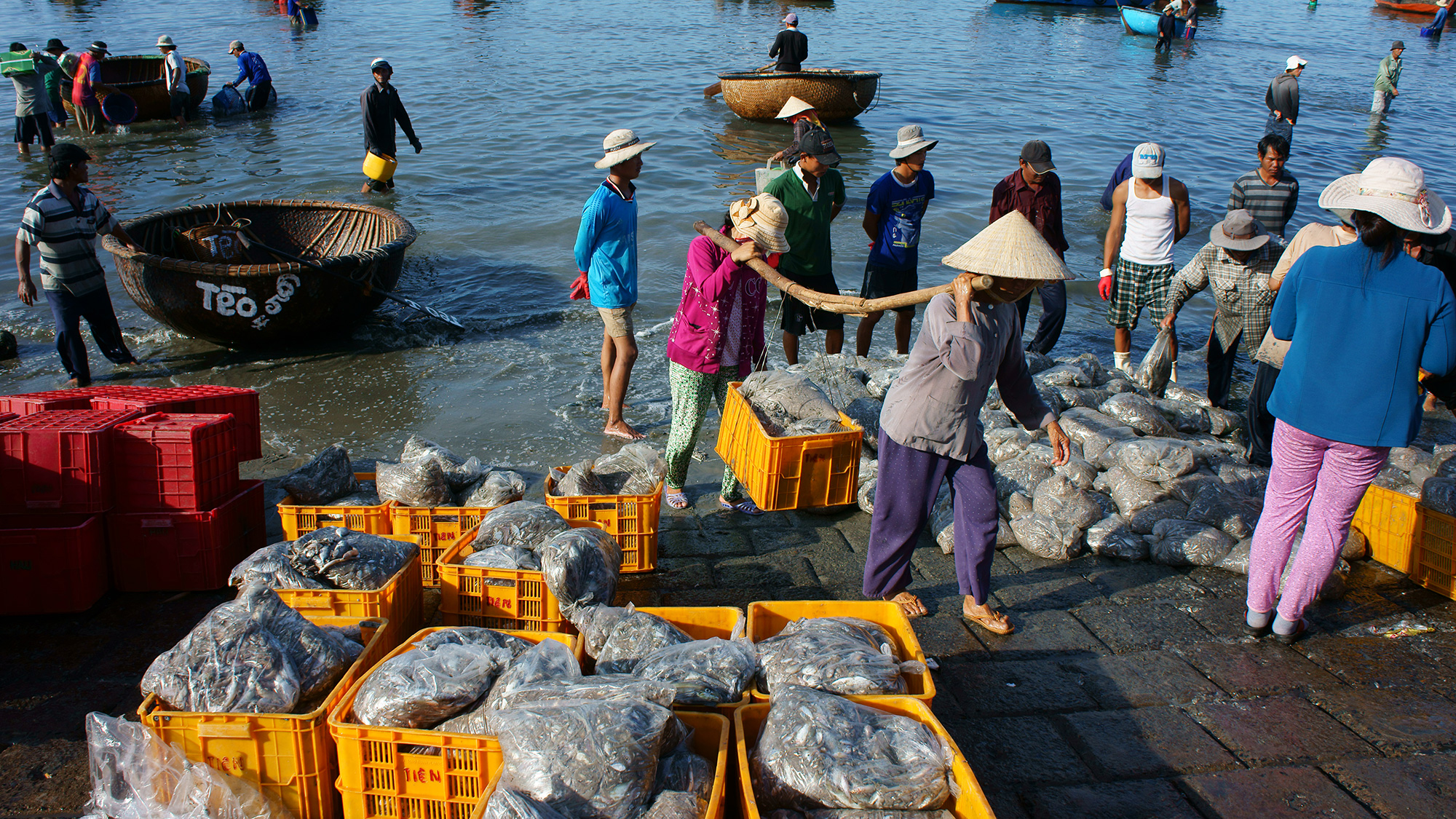
Photo: iStock / xuanhuongho
While the scale of the challenge is daunting, the actions of a growing number of philanthropists over the past decade offer a model for the types of concrete actions other donors can take. This includes investing in the creation of marine protected areas, ocean science, and sustainable fishing practices.
Many philanthropic and business leaders are recognizing the power that technology, science, and business thinking can have in developing sustainable ocean management solutions. For example, with Schmidt Marine Technology Partners, Eric and Wendy Schmidt created a venture philanthropy model to fund early-stage development of ocean technologies aimed at solving ocean challenges, such as unsustainable fishing and ocean acidification. To support ocean-based climate solutions, Oceankind funds innovative technologies that reduce greenhouse gases associated with marine sectors, including the shipping and energy industries, as well as community-led work to strengthen ocean ecosystem resilience.
More donors must pick up the mantle and join in. Decarbonizing the shipping sector, expanding offshore wind energy, limiting further offshore oil and gas extraction, and other ocean-climate innovations offer tremendous opportunities for philanthropists. Yet these initiatives are all significantly underfunded. Improvements in each of these areas will profoundly affect our nation’s ability to transition to a clean-energy economy—a vital component for curtailing the most destructive elements of climate change.
More donors must pick up the mantle and join in. Decarbonizing the shipping sector, expanding offshore wind energy, limiting further offshore oil and gas extraction, and other ocean-climate innovations offer tremendous opportunities for philanthropists. Yet these initiatives are all significantly underfunded.
There is also an urgent need for funding to help people and organizations working in underserved, ocean-reliant communities across the globe, most notably in Africa, Southeast Asia, and the Arctic. This will require long-term, equitable investment in groups working on the ground, including subsistence fishing collaboratives, environmental justice organizations, and Indigenous-led organizations, such as the ICCA Consortium and the Northern Chumash Tribal Council. The Packard Foundation supports the Northern Chumash Tribal Council’s leadership role in the nomination of the Chumash Heritage National Marine Sanctuary along California’s central coast and is joining the Oak Foundation to support ICCA’s Global Community Fisheries Initiative. Efforts like these honor the agency and traditional rights of Indigenous peoples and coastal communities.
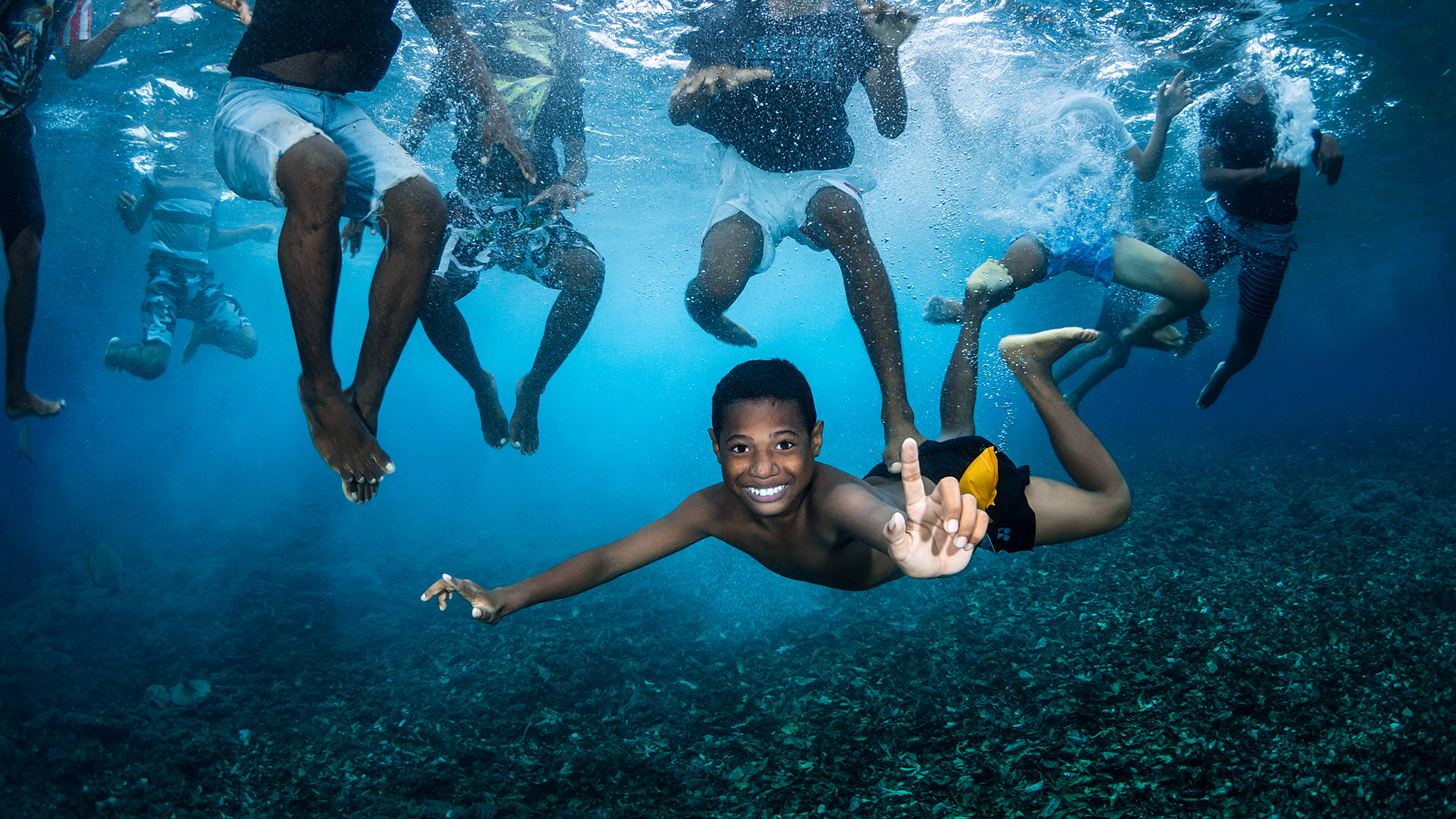
Photo: Ocean Image Bank / Fabrice Dudenhofer
Over 40 years ago, my parents had a vision to not only make the ocean more accessible to people, but also to understand and protect it for the benefit of people around the world. It’s time for a new generation of funders to build on that vision and rapidly ramp up their commitments—and funding—for marine conservation.
The ocean has changed profoundly during my lifetime. Our vast life support system is being altered in ways that put us all in peril. The good news is that the ocean is resilient and can recover—if we act now. Those of us who are in a position to take action must do all that is in our power. Wait and see is not an option.
Julie Packard is executive director of the Monterey Bay Aquarium and vice chair of the David and Lucile Packard Foundation.

